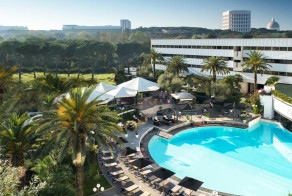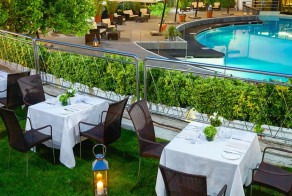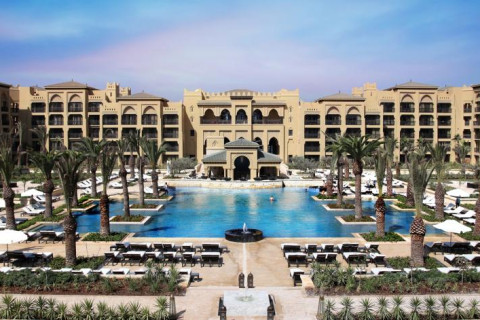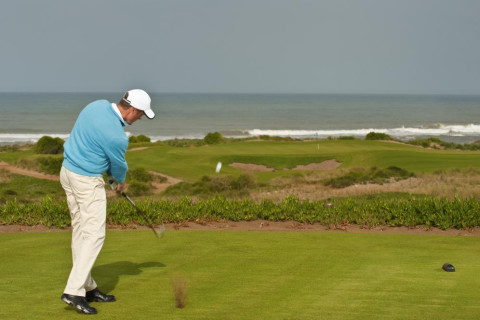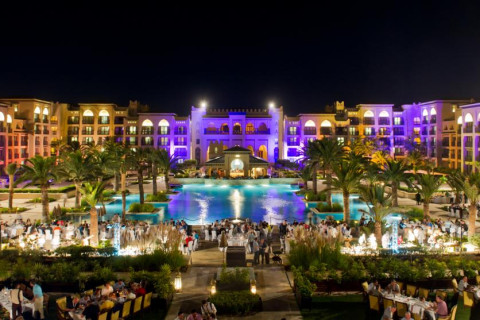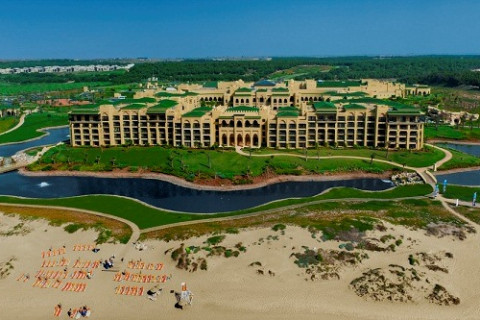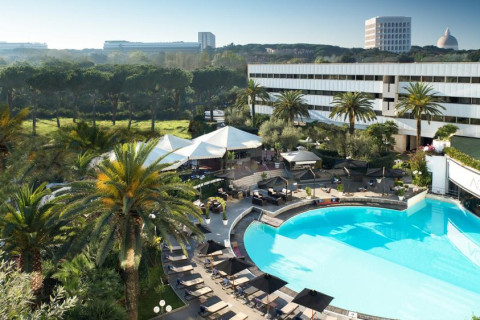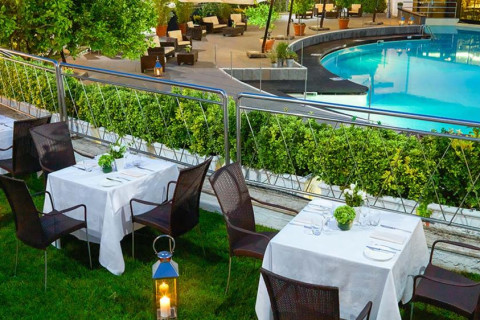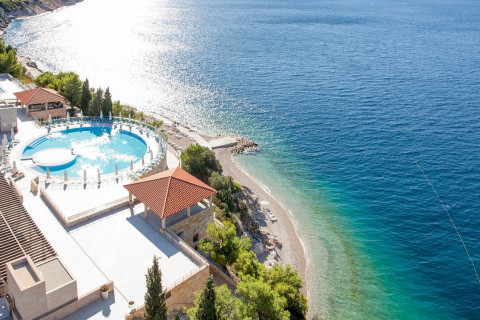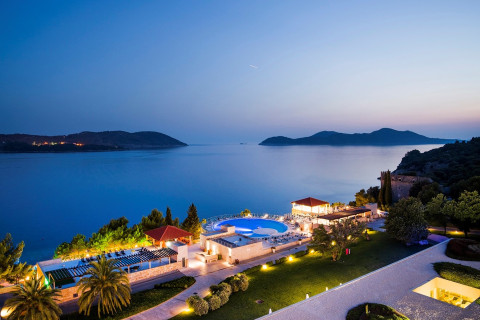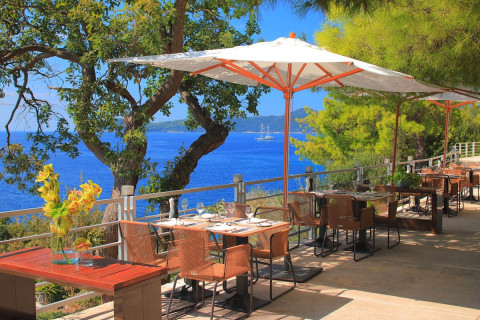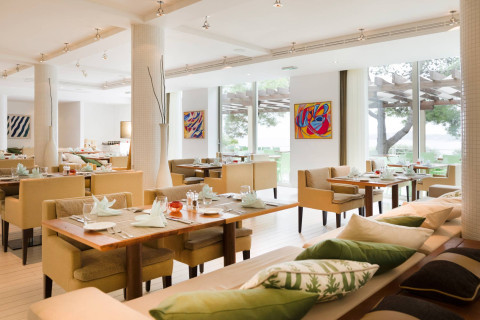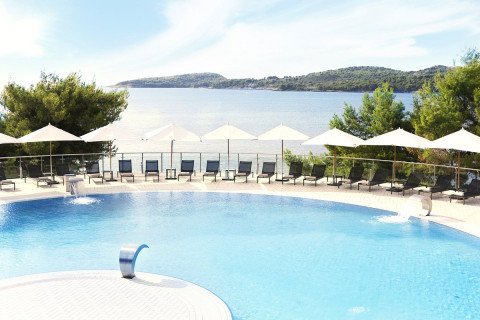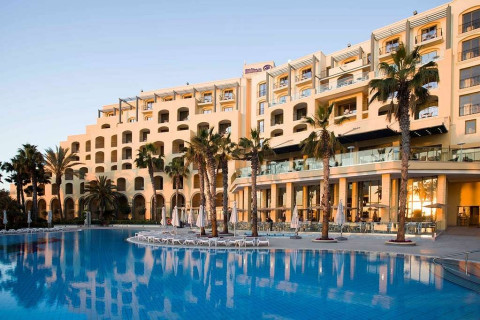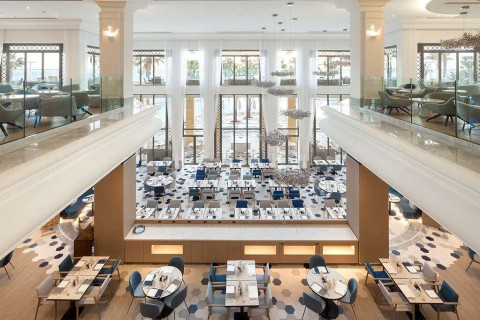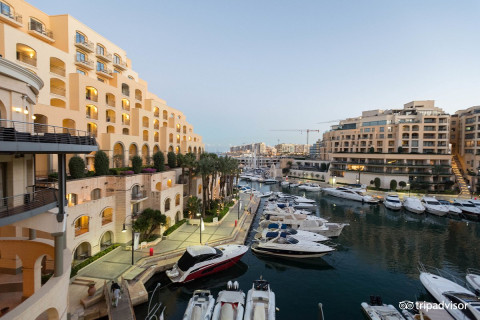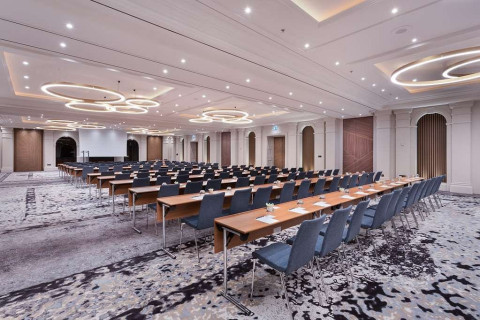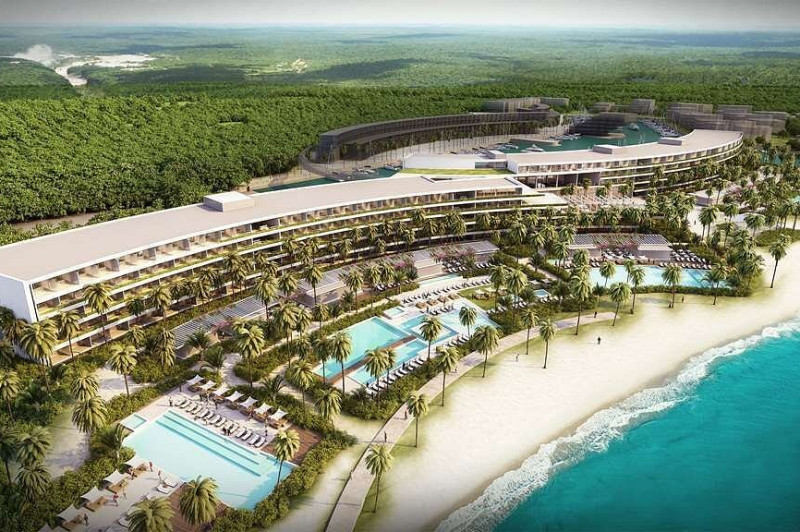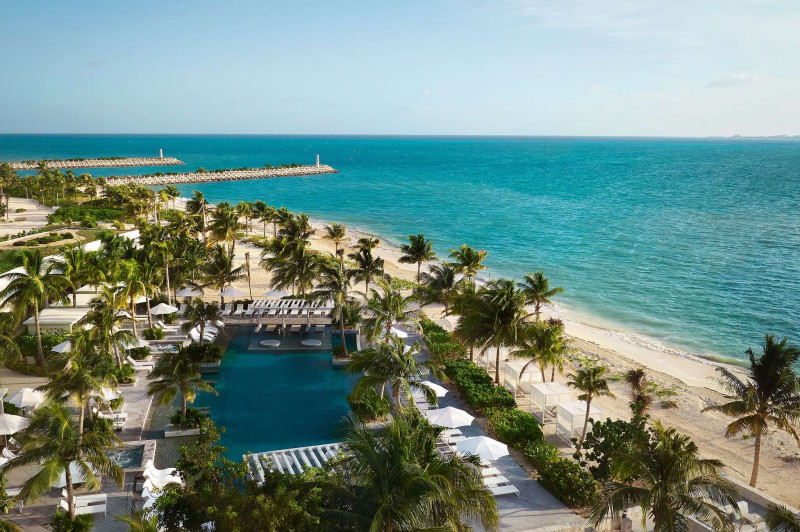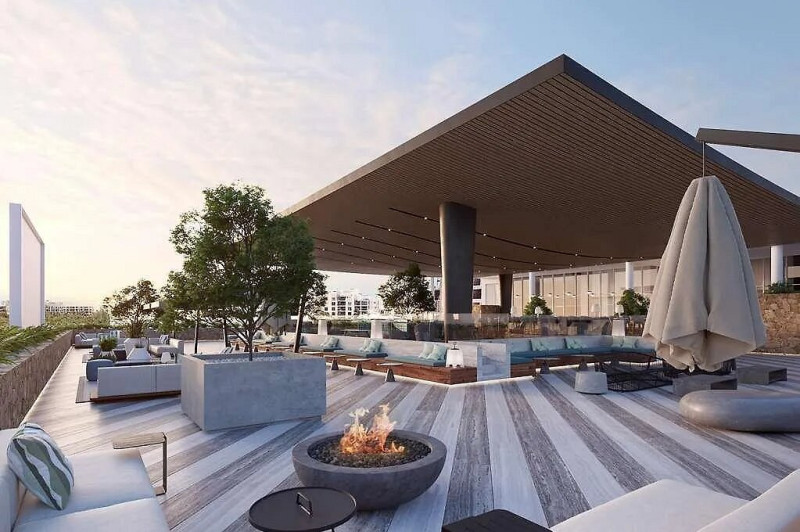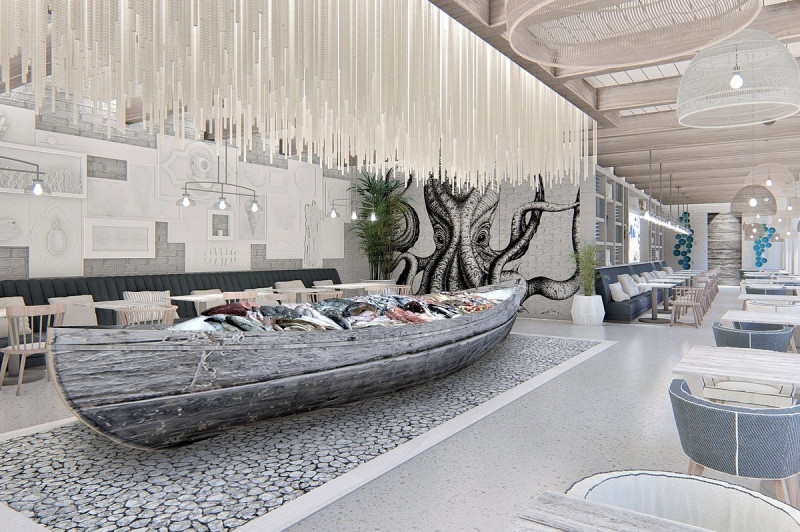- Home
- Past Conferences
- 2nd DNA Replication as a Source of DNA Damage Conference
2nd DNA Replication as a Source of DNA Damage Conference
From Molecules to Human Health
03 Jul - 06 Jul 2017
Rome, Italy
-
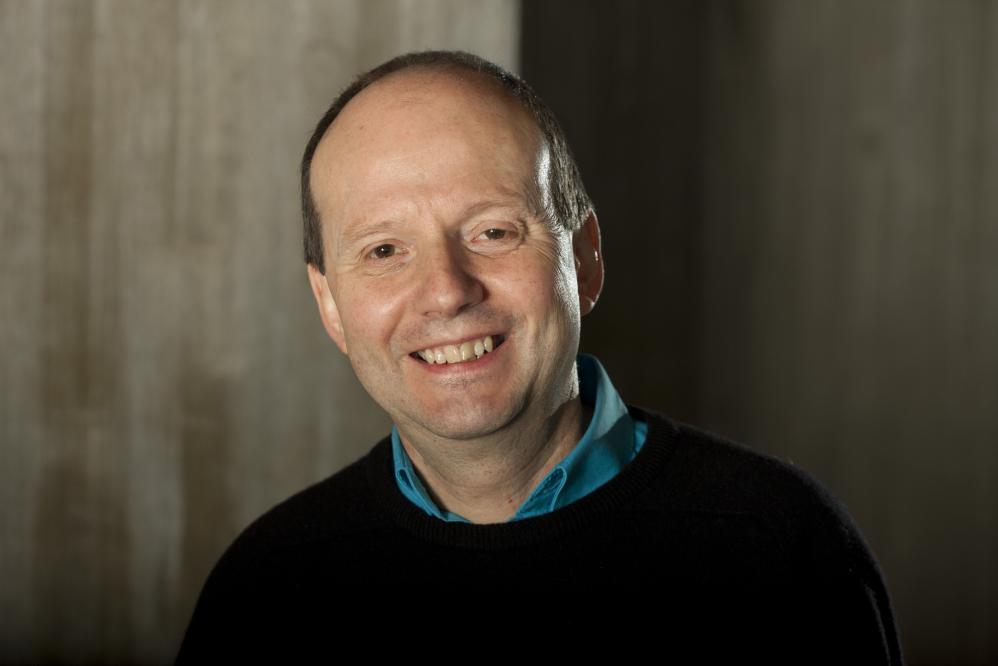
Ian Hickson
University of Copenhagen
-
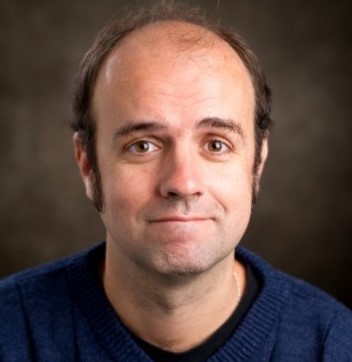
Oscar Fernandez-Capetillo
Spanish National Cancer Research Centre
Early Bird - Expired • Talk Submission - Expired • Poster Submission - Expired • Registration & Payment Deadline - Expired
Report
The meeting was chaired again by Profs. Oscar Fernandez-Capetillo (CNIO, Spain and Karolinska Institute, Sweden) and Ian D. Hickson (University of Copenhagen, Denmark).
The invited speakers included several of the worlds leading scientists studying DNA replication stress, DNA repair pathways and the relationship between genomic instability and human disease. The faculty members who presented their latest research findings were:
Andre Nussenzweig (NIH/NCI, Bethesda, USA)
Johannes Walter (Harvard Medical School, USA)
Jiri Lukas (University of Copenhagen, Denmark)
Stephen West (The Francis Crick Institute, London, UK)
Philippe Pasero (CNRS, France)
John Diffley (The Francis Crick Institute, London, UK)
Thanos Halazonetis (University of Geneva, Switzerland)
Andrew Jackson (University of Edinburgh, UK)
Thomas Helleday (Karolinska Institute, Stockholm, Sweden)
Juan Mendez (CNIO, Madrid, Spain)
Jos Jonkers (Netherlands Cancer Institute, Amsterdam)
Evi Soutoglou (IGBMC, France)
Madalena Tarsounas (University of Oxford, UK)
K.J. Patel (University of Cambridge, UK)
Andres Lopez-Contreras (University of Copenhagen, Denmark)
Luis Toledo (University of Copenhagen, Denmark)
Arne Lindqvist (Karolinska Institute, Stockholm, Sweden)
Wojciech Niedzwiedz (University of Oxford, UK)
Philip Zegerman (The Gurdon Institute, Cambridge, UK)
Angelos Constantinou (CNRS, France)
Michael Lisby (University of Copenhagen, Denmark)
Manuel Mendoza (Centre de Regulacio Genomica, Spain)
As with the first meeting in this series, a key feature of the conference was the number of speakers who were selected from the submitted abstracts. These included PhD students/postdocs, as well as several group heads who are early in their career. The fundraising efforts of the organizers permitted many of the selected speakers to have their costs covered by travel awards. There were also two very lively and well attended poster sessions. Sufficient time was set aside for networking and meetings between new and established collaborators. This was facilitated by the pleasant hotel environment.
The combination of a high quality conference venue, the attentive Fusion staff and the Italian summer weather, meant that the meeting had a very comfortable informal atmosphere that facilitated informal discussions, as well as interesting and informative discussion periods after virtually all of the talks. This also encouraged a large proportion of the participants to join in with the discussions.
The conference was very well attended (134 participants), which attests to the growing interest in this field of research – even though several other related conferences are scheduled during 2017. The organizers were satisfied that the conference was a major success.
Synopsis
The maintenance of genome integrity is critical for the suppression of cancer and premature ageing. Only recently has it become appreciated that DNA replication stress is a crucial driver of genomic instability. The timely progression of replisomes can be disrupted by lesions and secondary structures in the template, by bound proteins and by conflicts with the transcription machinery. A prolonged pause of the replisome then exposes single stranded DNA, which, due to its recombinogenic nature, can lead to genome rearrangements, fragile site expression and cell death. Importantly, some cancers present excessive endogenous levels of replication stress, which can be exploited for their clearance. In this conference, we aim to bring together scientists studying DNA replication and repair, with those interested in how DNA damage can influence cancer and ageing.
Join the conference LinkedIn group to keep up to date with annoucements and latest news concerning the conference.
Key Sessions
- Pathways for repair of damaged replication forks
- Systems for site-specific perturbation of replication
- Chromosome fragility caused by difficult-to-replicate loci – sources and roles of DNA repair proteins
- Replication perturbation as a driver of tumorigenesis and ageing
- Exploitation of replication defects in cancer treatment
Confirmed Speakers
Andre Nussenzweig (NIH/NCI)
'GENOME ORGANIZATION DRIVES CHROMOSOME FRAGILITY'
Johannes Walter (Harvard Medical School)
'A ROLE FOR REPLICATION FORK REVERSAL DURING DNA INTERSTRAND CROSSLINK REPAIR'
Jiri Lukas (University of Copenhagen)
'CONFINEMENT AND HERITABILITY OF CELLULAR RESPONSES TO DNA REPLICATION STRESS'
Stephen West (The Francis Crick Institute)
'UNRESOLVED RECOMBINATION INTERMEDIATES AS A SOURCE OF DNA BREAKS AND CHROMOSOME ABERRATIONS'
Philippe Pasero (CNRS)
'SAMHD1 ACTS AT STALLED FORKS TO PREVENT INFLAMMATION'
John Diffley (The Francis Crick Institute)
'HOW THE REPLICATIVE HELICASE IS LOADED AND ACTIVATED'
Thanos Halazonetis (University of Geneva)
'MECHANISMS OF ONCOGENE-INDUCED DNA REPLICATION STRESS'
Andrew Jackson (University of Edinburgh)
'DONSON ENCODES A NOVEL REPLICATION FORK PROTECTION FACTOR MUTATED IN MICROCEPHALIC DWARFISM'
Thomas Helleday (Karolinska Institutet)
'IMPORTANCE OF ACCURATE AND TIMELY SUPPLY OF dNTPs FOR REPLICATION AND REPAIR'
Juan Mendez (CNIO)
'NEW MECHANISMS THAT PREVENT DNA OVER-REPLICATION'
Jos Jonkers (Netherlands Cancer Institute)
'GENETIC DETERMINANTS OF TUMOR DEVELOPMENT, THERAPY RESPONSE AND RESISTANCE IN MOUSE MODELS OF BRCA-DEFICIENT BREAST CANCER'
Evi Soutoglou (IGBMC)
'DNA REPAIR PATHWAYS IN DIFFERENT HETEROCHROMATIN STRUCTURES'
Madalena Tarsounas (University of Oxford)
'REPLICATION STRESS TOLERANCE AS A TARGET FOR SELECTIVE ELIMINATION OF BRCA1/2-DEFICIENT CELLS AND TUMOURS'
KJ Patel (University of Cambridge)
'ALDEHYDES AND ENDOGENOUS DNA DAMAGE'
Andres Lopez-Contreras (University of Copenhagen)
'PICH IS ESSENTIAL FOR EARLY EMBRYONIC DEVELOPMENT'
Luis Ignacio Toledo Lazaro (University of Copenhagen)
'EXPLORING THE UNCOUPLING OF ENZYMATIC ACTIVITIES AT REPLICATION FORKS'
Arne Lindqvist (Karolinska Institutet)
'DNA REPLICATION IS AN INTEGRAL COMPONENT OF THE CELL-CYCLE ENGINE'
Wojciech Niedzwiedz (University of Oxford)
'EXD2 NUCLEASE SAFEGUARDS THE GENOME AGAINST REPLICATIVE STRESS'
Philip Zegerman (The Gurdon Institute)
'CHECKPOINT KINASE TARGETTING OF DNA REPLICATION COMPLEXES'
Angelos Constantinou (CNRS)
'DIHYDROPYRIMIDINASE PROTECTS AGAINST DNA REPLICATION STRESS INDUCED BY PYRIMIDINE METABOLITES'
Michael Lisby (University of Copenhagen)
'Mte1/ZGRF1 MAINTAINS GENOME STABILITY DURING REPLICATION STRESS'
Manuel Mendoza (Centre de Regulació Genòmica)
'CELLULAR DETECTION OF CHROMATIN BRIDGES BY THE NoCut ABSCISSION CHECKPOINT'
Target Audience
The conference aims to target a wide spectrum of scientists interested on how chromosomal rearrangements are generated, and their impact on cancer and ageing: The talks will include studies at various levels ranging from basic molecular biology to clinical studies on human patients. The conference will also appeal to oncologists and pharmaceutical companies with an interest in targeting replication stress as an Achilles’ heel in cancer.
Confirmed Speakers
Chairs

Ian Hickson
Professor of Molecular Aging, University of Copenhagen

Oscar Fernandez-Capetillo
Genomic Instability Group Leader, Spanish National Cancer Research Centre
Invited Speakers
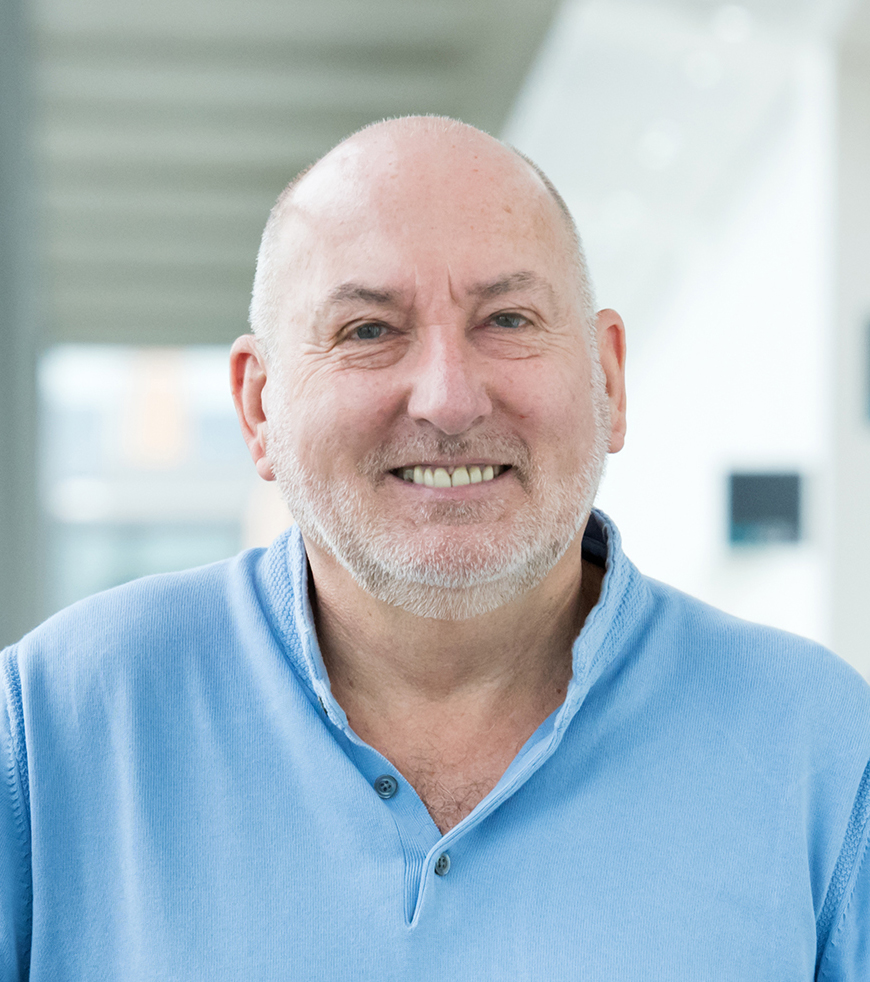
Steve West
Principal Group Leader, Francis Crick Institute
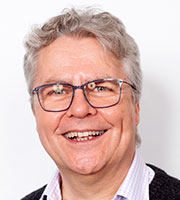
John Diffley
Associate Research Director, The Francis Crick Institute
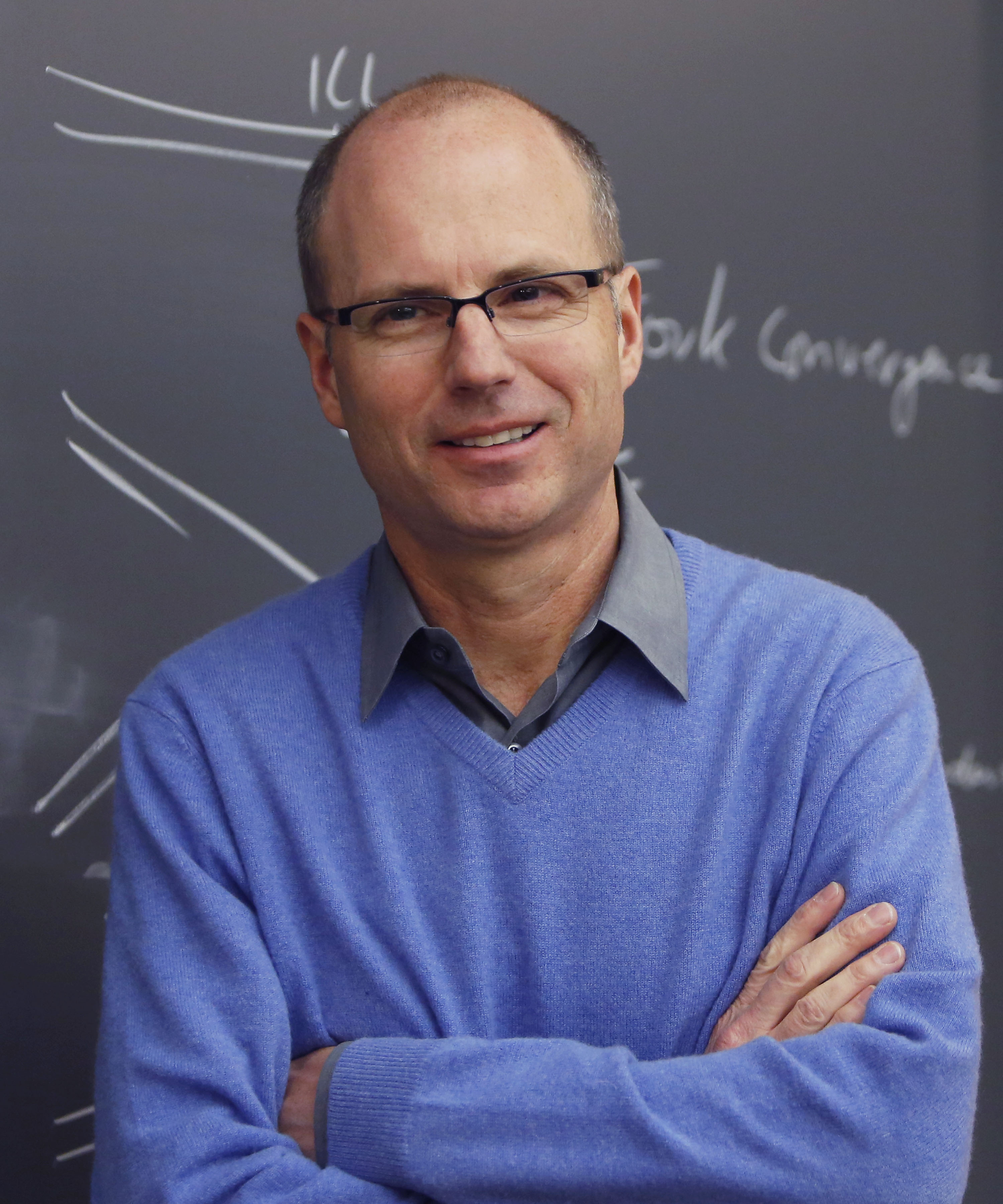
Johannes Walter
Professor, Harvard Medical School
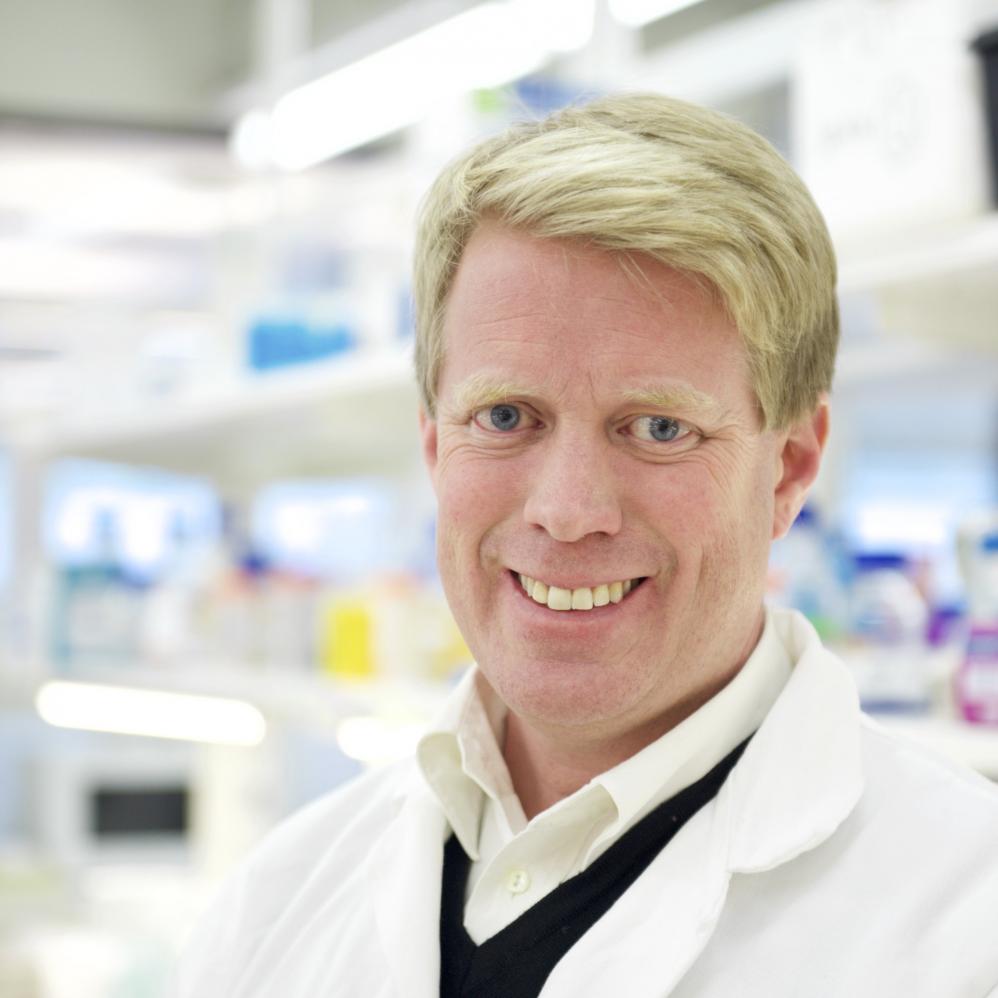
Thomas Helleday
Professor, Karolinska Institutet
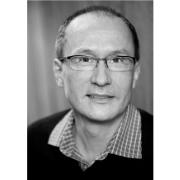
Jiri Lukas
Managing Director, Novo Nordisk Foundation Center for Protein Research
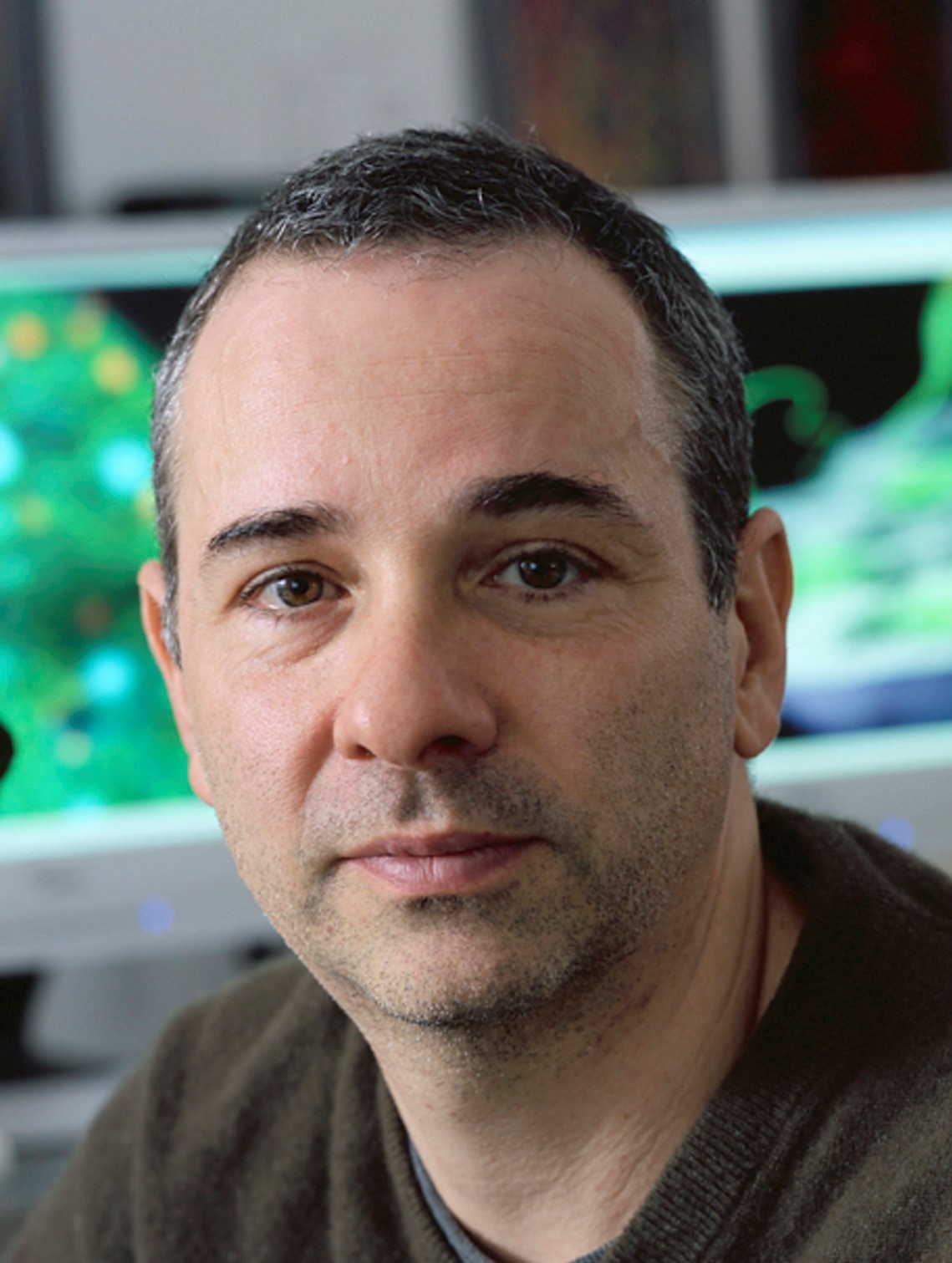
Andre Nussenzweig
Branch Chief, Laboratory of Genome Integrity, National Insitutes of Health
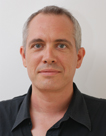
Angelos Constantinou
Principal Investigator, IGH-Institute of Human Genetics, CNRS UPR 1142
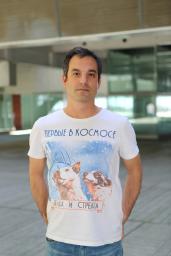
Manuel Mendoza
Main Investigator, Centre for Genomic Regulation
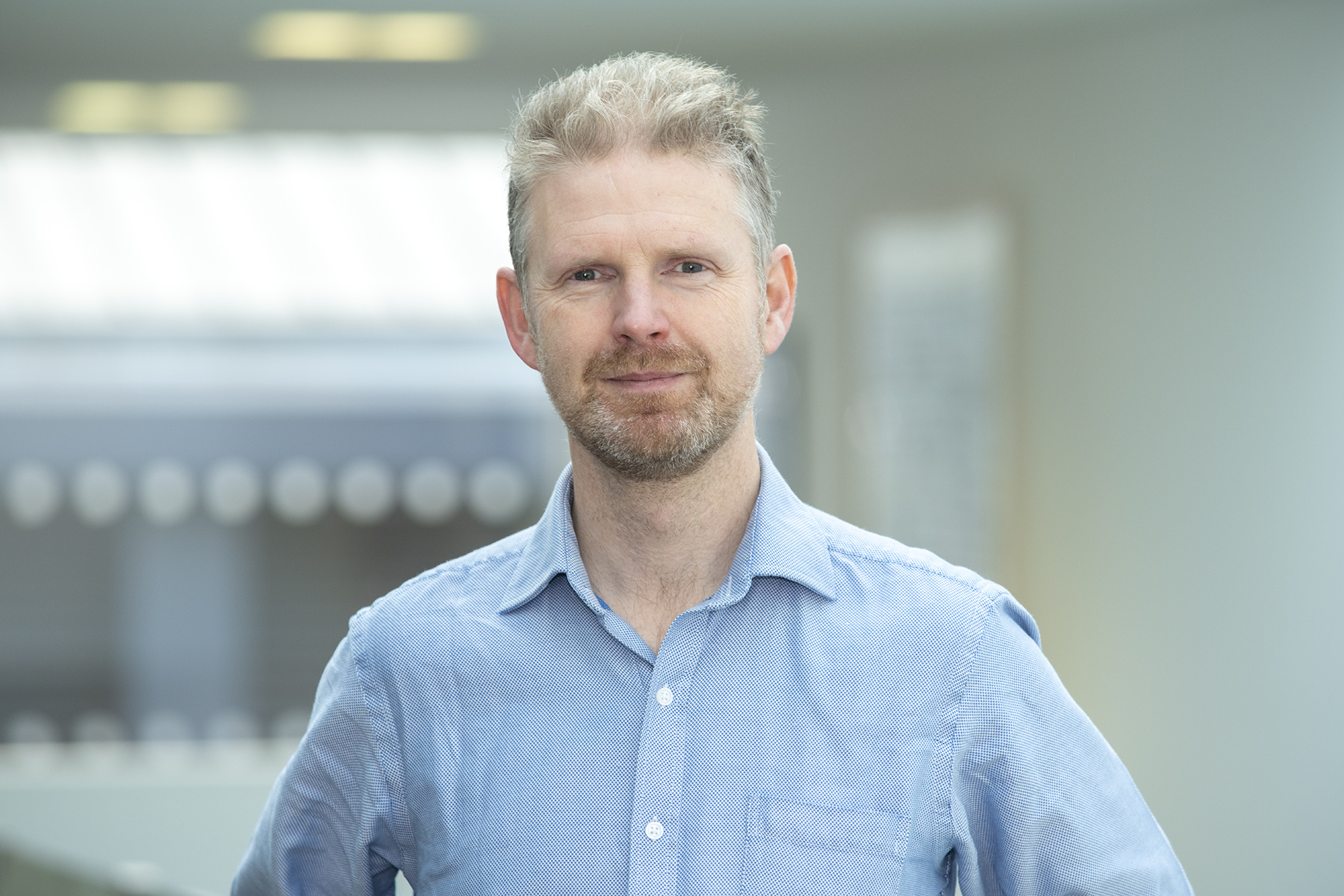
Andrew Jackson
Group Leader, MRC Human Genetics Unit
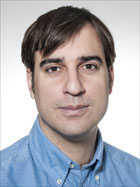
Andres J Lopez-Contreras
Group Leader, University of Copenhagen
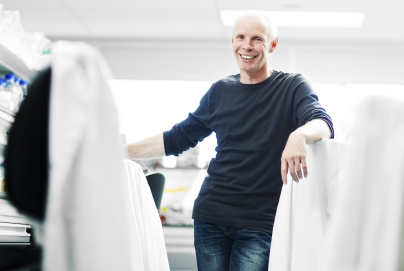
Jos Jonkers
Division Head, Netherlands Cancer Institute
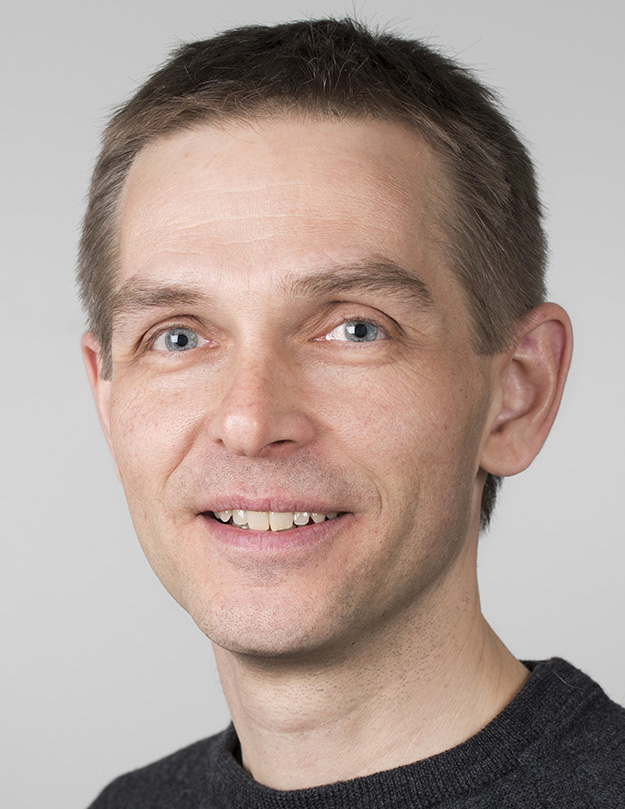
Michael Lisby
Professor, University of Copenhagen
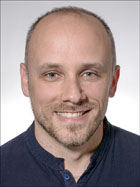
Luis Toledo
Postdoc, Center for Chromosome Stability - 18.1
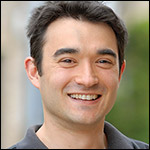
Philip Zegerman
Group leader, Gurdon Institute
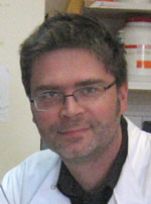
Wojciech Niedzwiedz
Group Head, Oxford University
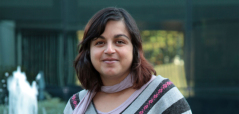
Evi Soutoglou
Group Leader, Genome Damage and Stability Centre, University of Sussex
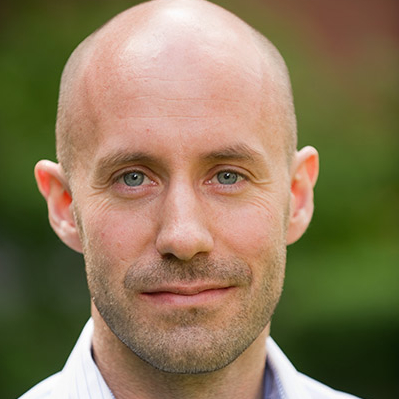
Arne Lindqvist
Group Leader, Karolinska Institutet
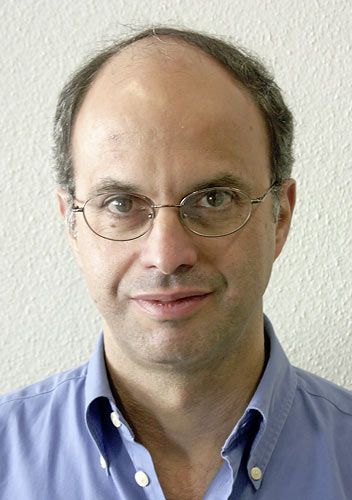
Thanos Halazonetis
Professor, University of Geneva
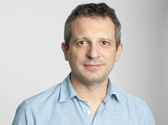
Juan Mendez
Lab Head, Spanish National Cancer Research Centre (CNIO)
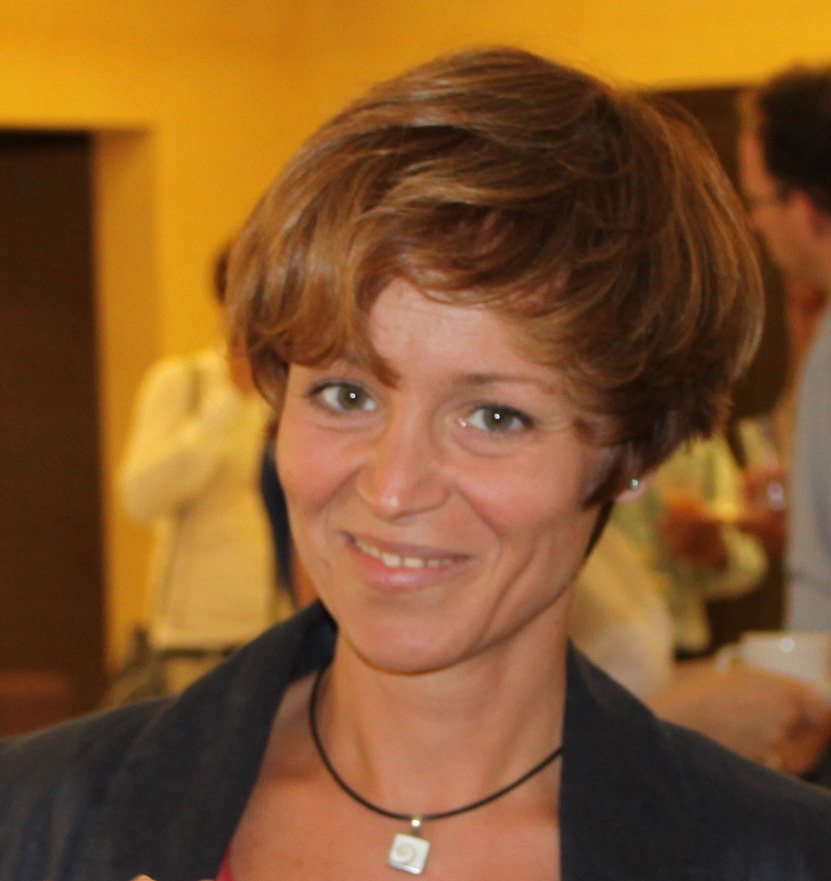
Madalena Tarsounas
CR-UK Senior Group Leader, The CR-UK/MRC Oxford Institute for Radiation Oncology, University of Oxford
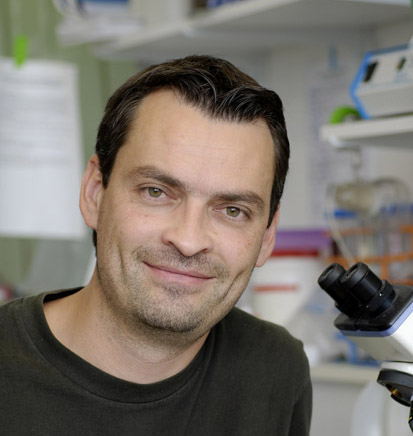
Philippe Pasero
Dr, IGH, CNRS UPR 1142
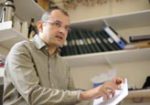
Ketan Patel
PI, MRC LMB
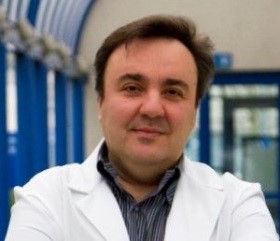
Vincenzo Costanzo
Senior Group Leader, IFOM
Programme
MONDAY 03RD JULY 2017 |
||
|
14:00 – 15:00 |
Registration & Reception |
|
|
14:00 – 14:45 |
Group Welcome Lunch |
|
|
Session #1 |
||
|
14:45 – 15:00 |
Opening Comments by Ian Hickson & Oscar Fernandez-Capetillo |
|
|
15:00 – 15:25 |
KJ Patel |
ALDEHYDES AND ENDOGENOUS DNA DAMAGE |
|
15:25 – 15:40 |
Rodrigo Bermejo |
COHESIN UBIQUITYLATION AND MOBILIZATION PROMOTES STALLED REPLICATION FORK DYNAMICS AND INTEGRITY |
|
15:40 – 16:05 |
Manuel Mendoza |
CELLULAR DETECTION OF CHROMATIN BRIDGES BY THE NoCut ABSCISSION CHECKPOINT |
|
16:05 – 16:20 |
Kara Bernstein |
THE FUNCTION OF THE SHU COMPLEX AND THE RAD51 PARALOGS IN REPAIR OF REPLICATION INTERMEDIATES BY PROMOTION OF RAD51 PRESYNAPTIC FILAMENT ASSEMBLY |
|
16:20 – 16:45 |
Vincenzo Costanzo |
MECHANISMS OF REPLICATION FORK PROTECTION |
|
16:45 – 17:00 |
Jon Houseley |
ENVIRONMENTAL CHANGE DRIVES ACCELERATED ADAPTATION THROUGH STIMULATED COPY NUMBER VARIATION |
|
17:00 – 17:30 |
Refreshments |
|
|
Session #2 |
||
|
17:30 – 17:55 |
Ian Hickson |
ANALYSIS OF MUTAGENIC EVENTS OCCURRING AT A STALLED REPLICATION FORK |
|
17:55 – 18:10 |
Pavel Janscak |
RECQ5 HELICASE COOPERATES WITH MUS81 ENDONUCLEASE IN PROCESSING OF STALLED REPLICATION FORKS AT COMMON FRAGILE SITES DURING MITOSIS |
|
18:10 – 18:25 |
Jennifer Cobb |
NEJ1/XLF REGULATES REPAIR PATHWAY CHOICE BY INHIBITING SGS1/BLM –MEDIATED RESECTION |
|
18:25 – 18:50 |
Stephen West |
UNRESOLVED RECOMBINATION INTERMEDIATES AS A SOURCE OF DNA BREAKS AND CHROMOSOME ABERRATIONS |
|
18:50 – 19:05 |
Matthias Dobbelstein |
P53 AND Mdm2 AS DETERMINANTS OF CHROMATIN STRUCTURE AND DNA REPLICATION STRESS |
|
19:05 – 19:20 |
Ana Rojas |
COMPUTATIONAL AND EVOLUTIONARY ANALYSES OF NUCS: A NOVEL PROTEIN INVOLVED IN PROKARYOTIC NON-CANONICAL MMR |
|
19:30 |
Group Dinner |
|
TUESDAY 04TH JULY 2017 |
||
|
07:00 – 09:00 |
Breakfast |
|
|
Session #3 |
||
|
09:00 – 09:25 |
Jiri Lukas |
CONFINEMENT AND HERITABILITY OF CELLULAR RESPONSES TO DNA REPLICATION STRESS |
|
09:25 – 09:40 |
Jean-Sébastien Hoffmann |
REPLICATION STRESS INFLUENCES THE TIMING OF DNA REPLICATION INITIATION OF THE NEXT CELL GENERATION |
|
09:40 – 10:05 |
Juan Méndez |
NEW MECHANISMS THAT PREVENT DNA OVER-REPLICATION |
|
10:05 – 10:20 |
Kevin Hiom |
DHX9 LINKS RNA SPLICING TO THE GENERATION OF REPLICATION BLOCKING R-LOOPS |
|
10:20 – 10:35 |
Matthias Samwer |
A MECHANISM COUNTERACTING MICRONUCLEATION FOR MAINTENANCE OF GENOMIC INTEGRITY |
|
10:35 – 11:05 |
Refreshments & Group Photo |
|
|
Session #4 |
||
|
11:05 – 11:30 |
Johannes Walter |
A ROLE FOR REPLICATION FORK REVERSAL DURING DNA INTERSTRAND CROSSLINK REPAIR |
|
11:30 – 11:45 |
Aura Carreira |
A NEW DNA BINDING SITE IN BRCA2 THAT MEDIATES HOMOLOGOUS RECOMBINATION |
|
11:45 – 12:10 |
Andres Lopez-Contreras |
PICH IS ESSENTIAL FOR EARLY EMBRYONIC DEVELOPMENT |
|
12:10 – 12:25 |
Alberto Ciccia |
RESTORATION OF FORK STABILITY IN BRCA1- AND BRCA2-DEFICIENT CELLS |
|
12:25 – 12:50 |
Angelos Constantinou |
DIHYDROPYRIMIDINASE PROTECTS AGAINST DNA REPLICATION STRESS INDUCED BY PYRIMIDINE METABOLITES |
|
12:50 – 17:00 |
Group Lunch & Free Time |
|
|
Session #5 |
||
|
17:00 – 17:25 |
Philippe Pasero |
SAMHD1 ACTS AT STALLED FORKS TO PREVENT INFLAMMATION |
|
17:25 – 17:40 |
Åsa Ehlén |
CHARACTERIZATION OF A CLUSTER OF PLK1 PHOSPHORYLATION SITES IN BRCA2 THAT CONTROL MITOTIC ONSET |
|
17:40 – 17:55 |
Job de Lange |
COHESION WEAKNESS: A UNIQUE VULNERABILITY OF CANCER CELLS |
|
17:55 – 18:10 |
Lorenza Garribba |
INSTABILITY OF A LONG CGG TRIPLET REPEAT IN RESPONSE TO FOLATE DEFICIENCY |
|
18:10 – 18:35 |
Thanos Halazonetis |
MECHANISMS OF ONCOGENE-INDUCED DNA REPLICATION STRESS |
|
18:35 – 19:05 |
Refreshments |
|
|
Session #6 |
||
|
19:05 – 19:30 |
John Diffley |
HOW THE REPLICATIVE HELICASE IS LOADED AND ACTIVATED |
|
19:30 – 19:45 |
Stephen Gregory |
CHROMOSOMAL INSTABILITY CAUSES SUSCEPTIBILITY TO METABOLIC INTERVENTION |
|
19:45 – 20:45 |
Poster Session & Refreshments |
|
|
20:45 |
Group Dinner |
|
WEDNESDAY 05TH JULY 2017 |
||
|
07:00 – 09:00 |
Breakfast |
|
|
Session #7 |
||
|
09:00 – 09:15 |
Julien Duxin |
MECHANISM OF DNA-PROTEIN CROSSLINK PROTEOLYSIS |
|
09:15 – 09:30 |
Jessica Williams |
THE ROLE OF RNASE H2 IN PROCESSING RIBONUCLEOTIDES INCORPORATED DURING DNA REPLICATION |
|
09:30 – 09:45 |
Vincent Geli |
THE NUCLEAR PORE COMPLEX REGULATES REPLICATION STRESS AND TELOMERE RECOMBINATION |
|
09:45 – 10:00 |
Zee-Fen Chang |
BCR-ABL TRANSFORMATION LEADS TO REPLICATION STRESS AND INCREASES CELL VULNERABILITY TO THYMIDYLATE KINASE INHIBITION |
|
10:00 – 10:25 |
Jos Jonkers |
GENETIC DETERMINANTS OF TUMOR DEVELOPMENT, THERAPY RESPONSE AND RESISTANCE IN MOUSE MODELS OF BRCA-DEFICIENT BREAST CANCER |
|
10:25 – 10:55 |
Refreshments |
|
|
Session #8 |
||
|
10:55 – 11:20 |
Andrew Jackson |
DONSON ENCODES A NOVEL REPLICATION FORK PROTECTION FACTOR MUTATED IN MICROCEPHALIC DWARFISM |
|
11:20 – 11:45 |
Wojciech Niedzwiedz |
EXD2 NUCLEASE SAFEGUARDS THE GENOME AGAINST REPLICATIVE STRESS |
|
11:45 – 12:00 |
John Tainer |
FLAP ENDONUCLEASE 1 EMPLOYS PHOSPHATE STEERING TO INSURE SPECIFIC 5´-FLAP INCISION TO PREVENT GENOME INSTABILITY |
|
12:00 – 12:25 |
Luis Toledo |
EXPLORING THE UNCOUPLING OF ENZYMATIC ACTIVITIES AT REPLICATION FORKS |
|
12:25 – 16:20 |
Group Lunch & Free Time |
|
|
Session #9 |
||
|
16:20 – 16:45 |
André Nussenzweig |
GENOME ORGANIZATION DRIVES CHROMOSOME FRAGILITY |
|
16:45 – 17:00 |
Alessandro Vindigni |
MRE11 AND EXO1 NUCLEASES DEGRADE REVERSED FORKS IN BRCA-DEFICIENT CELLS AND LEAD TO MUS81-DEPENDENT FORK RESTART |
|
17:00 – 17:25 |
Arne Lindqvist |
DNA REPLICATION IS AN INTEGRAL COMPONENT OF THE CELL-CYCLE ENGINE |
|
17:25 – 17:40 |
Katharina Schlacher |
EPIGENETICS-ENABLED MRE11 REPLICATION RESTART BY p53 PROMOTES REPLICATION PATHWAY HOMEOSTASIS TO SUPPRESS OPPORTUNISTIC TRANSCRIPTION REPROGRAMMING |
|
17:40 – 18:05 |
Michael Lisby |
Mte1/ZGRF1 MAINTAINS GENOME STABILITY DURING REPLICATION STRESS |
|
18:05 – 18:20 |
Olga Murina |
RIBONUCLEOTIDES INCORPORATED DURING GENOME REPLICATION PROVIDE A NOVEL VULNERABILITY TO PARP INHIBITION |
|
18:20 – 18:50 |
Refreshments |
|
|
Session #10 |
||
|
18:50 – 19:15 |
Philip Zegerman |
CHECKPOINT KINASE TARGETTING OF DNA REPLICATION COMPLEXES |
|
19:15 – 19:40 |
Madalena Tarsounas |
REPLICATION STRESS TOLERANCE AS A TARGET FOR SELECTIVE ELIMINATION OF BRCA1/2-DEFICIENT CELLS AND TUMOURS |
|
19:40 – 20:40 |
Poster Session & Refreshments |
|
|
20:45 |
*Gala Dinner & Poster Awards* |
|
THURSDAY 06TH JULY 2017 |
||
|
07:00 – 09:15 |
Breakfast |
|
|
Session #11 |
||
|
09:15 – 09:30 |
Néstor García-Rodríguez |
CHECKPOINT SIGNALING IN RESPONSE TO REPLICATION-BLOCKING LESIONS INITITATES AT DAUGHTER-STRAND GAPS AND ENABLES POSTREPLICATIVE DNA DAMAGE BYPASS |
|
09:30 – 09:55 |
Thomas Helleday |
IMPORTANCE OF ACCURATE AND TIMELY SUPPLY OF dNTPs FOR REPLICATION AND REPAIR |
|
09:55 – 10:10 |
Robertus de Bruin |
INCREASED E2F ACTIVITY DURING SPECIFIC PHASES OF THE CELL CYCLE HAS THE POTENTIAL TO INDUCE REPLICATION STRESS VIA DIFFERENT MECHANISMS |
|
10:10 – 10:35 |
Evi Soutoglou |
DNA REPAIR PATHWAYS IN DIFFERENT HETEROCHROMATIN STRUCTURES |
|
10:35 – 10:50 |
Sabrina Florencia Mansilla |
THE ALTERNATIVE POLYMERASE IOTA PROMOTES CHECKPOINT ACTIVATION |
|
10:50 – 11:05 |
Guillaume Rieunier |
TARGETING THE INSULIN-LIKE GROWTH FACTOR AXIS INDUCES REPLICATION STRESS |
|
11:05 – 11:30 |
Oscar Fernandez-Capetillo |
EXPLORING THE ROLE OF THE SMC5/6 COMPLEX IN CANCER AND AGE-RELATED DISEASES |
|
11:30 – 11:45 |
Closing Comments by Ian Hickson & Oscar Fernandez-Capetillo |
|
Supported by
Venue & Location
Sheraton Roma Hotel & Conference Center
Hotel Facilities:
- AQVI Pool Restaurant & Bar
- Gymnasium
- Putting green
- Garden pathway - Walk, race, jog, sprint, dash or run in the circular garden pathway that surrounds the hotel
- Outdoor tennis court
- Squash courts
- Outdoor pool (seasonal)
- Golf courses nearby
- Laundry/valet service
- 24-hour room service
- Cash machine (ATM)
- Air conditioned facilities
- Free Wi-Fi
- Bus service to downtown (limited)
- Car rental desk
- Shopping arcade in Hotel
- Business Center
- Parking Available
General Information
Venue Rating
★ ★ ★ ★
Currency
US Dollar (USD)
Address
Viale del Pattinaggio, 100 00144 Rome Italy
Nearest Airport
Fiumicino Airport
Location
The Sheraton Roma is ideally situated in the green EUR Monumental neighbourhood, between the ancient city centre and Fiumicino Airport, providing an ideal location for all conference attendees to enjoy the magnificent historical and cultural sites this ancient and beautiful city has to offer.
Just a short taxi or bus ride, no more than 6 miles, will take you to the majestic Colosseum, Sistine Chapel, Vatican City, Trevi Fountain, Pantheon, Spanish Steps and the numerous wondrous museums and gardens.
Fiumicino Airport is just 13 miles (21km) from the Sheraton Roma and Ciampino Airport 11.8 miles (19km) with the drive time approximately 20 minutes.
Gallery
View on FlickrConference History
If you are interested in this meeting but not yet ready to register, you can sign up for updates here and our team will keep you updated regarding deadline reminders and grant opportunities relating to this meeting only.
If you're interested in sponsoring this conference please contact us.
Conference Manager

Laura Trundle
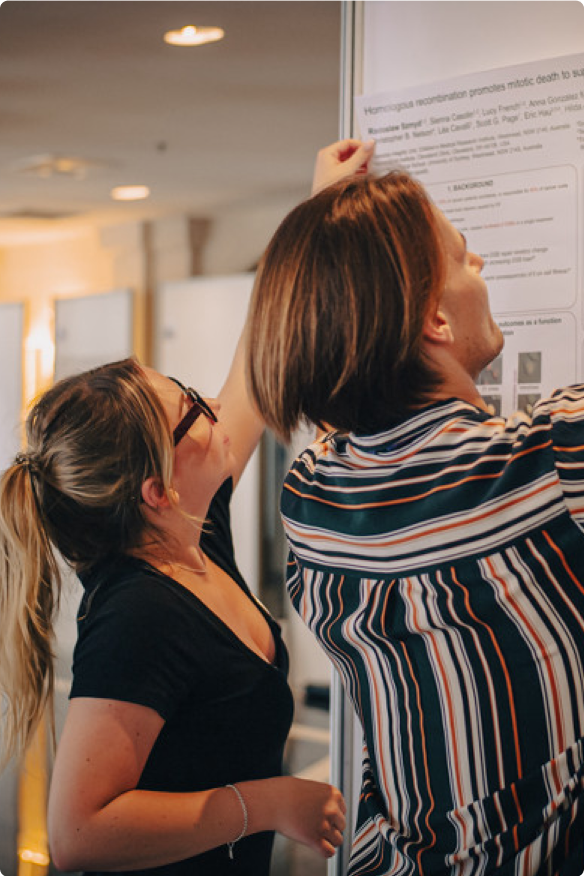
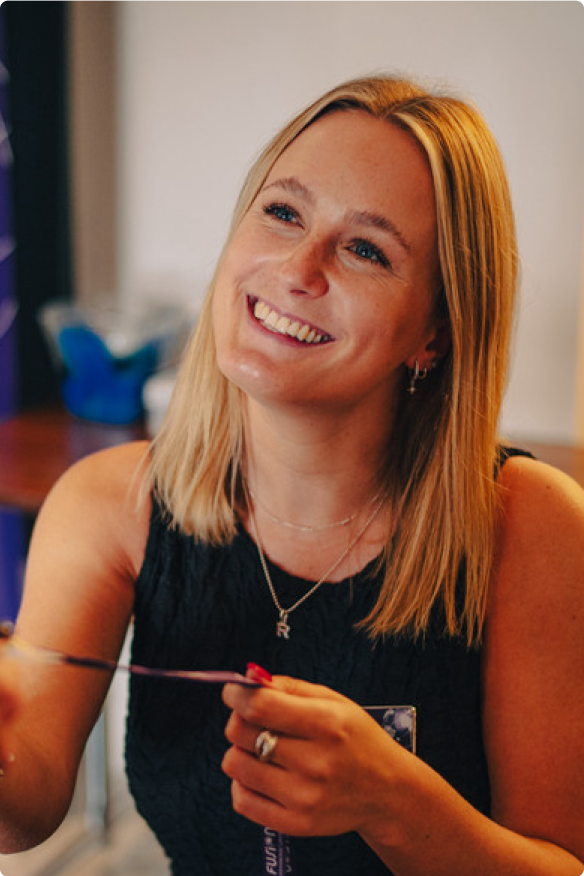
Need some help? Chat to the Fusion team today
As a family run business, our dedication runs deep. We’re committed to each other and, even more so, to every attendee’s experience, delivering a level of care and passion that’s truly unmatched.
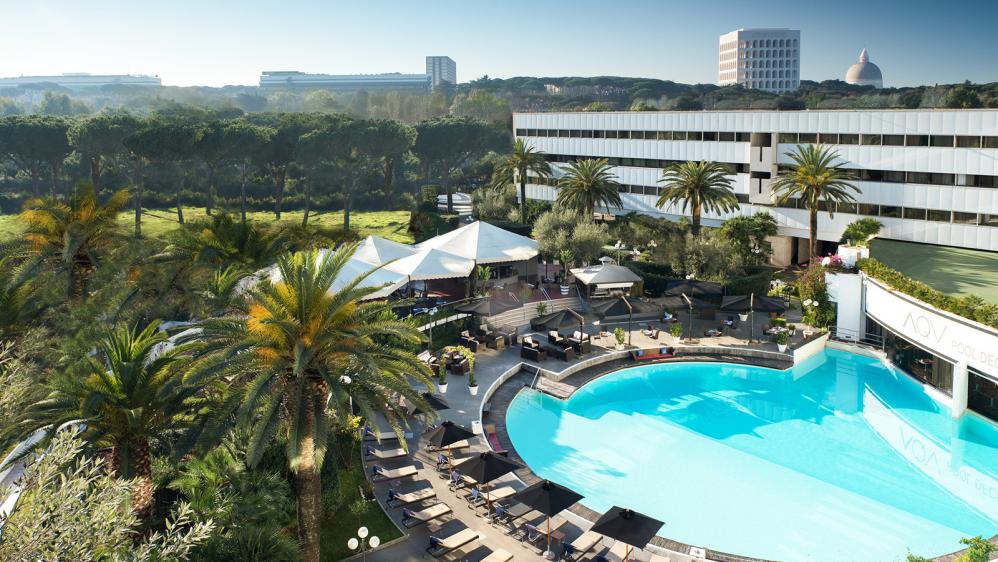
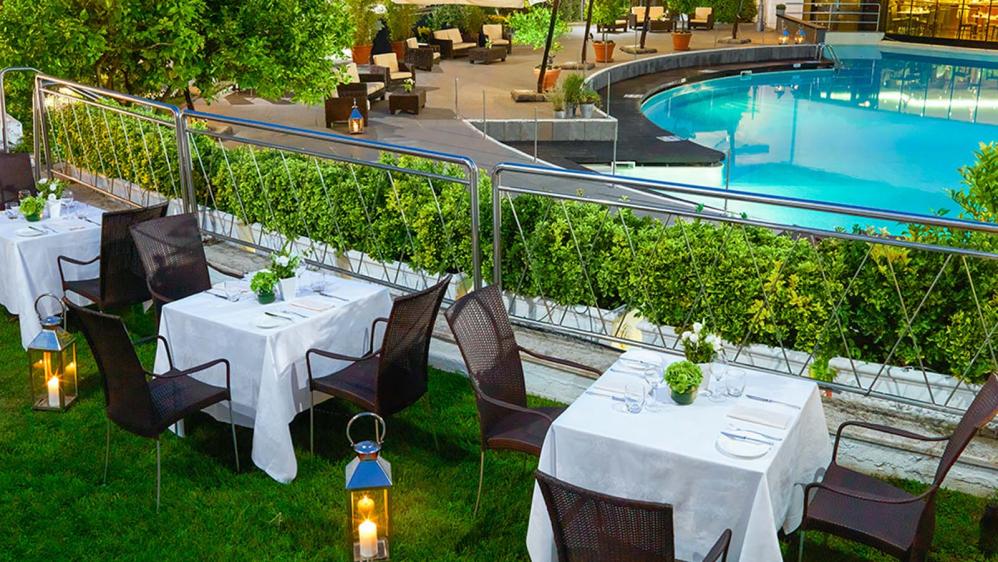

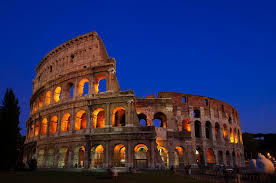




.png)

